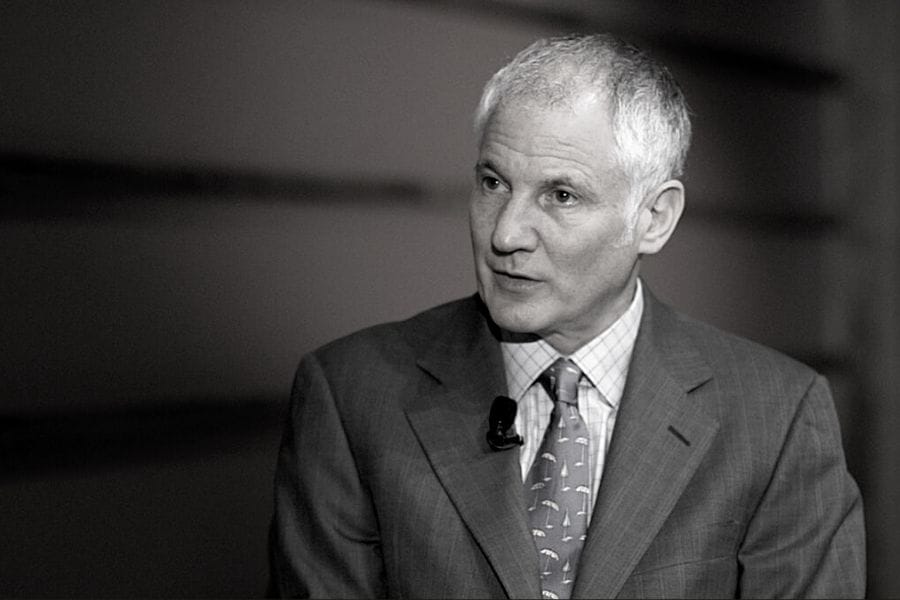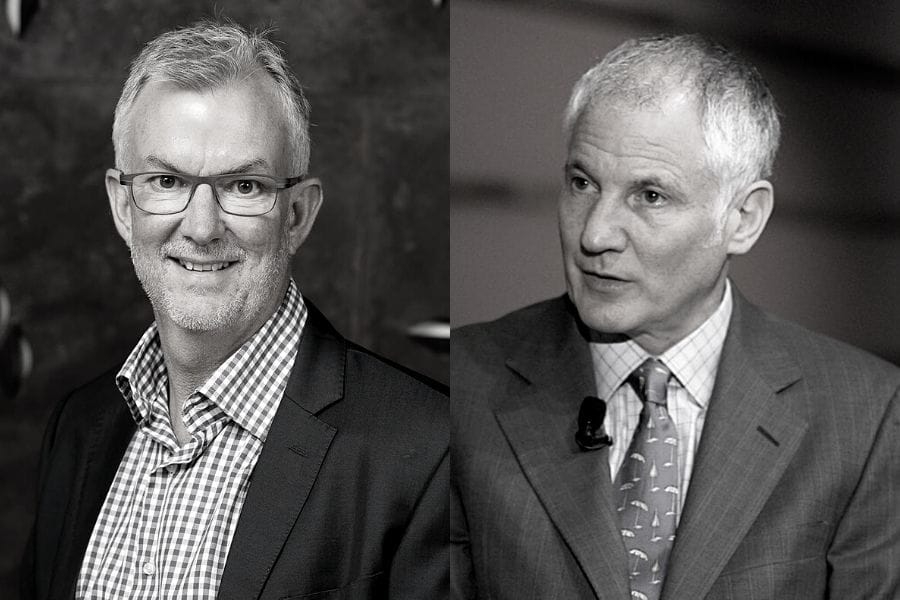In the opening session of the second day of Sustainability in Practice, Stephen Kotkin, Professor in History and International Affairs, Princeton University warned that the sustainability debate needs to become less ideological and more practical. He added that policy on a carbon price would do more to counter climate change than Biden’s huge infrastructure spend.
Expect little progress at this November’s COP26 unless governments are held accountable for their promises. Looking back over progress in the wake of previous UN climate change conferences, Stephen Kotkin, Professor in History and International Affairs at Princeton University warned the lack of enforcement mechanism means that few government pledges and ever implemented.
Promises amount to a goodwill pledge that few governments, rarely in power at future meeting or when deadlines come due, see through. Even progress around implementation in France, home to the Paris Accords, has stalled in the face of political protest by the Yellow Vests, he said.
“The current path is not working,” he said, urging for a more consultative and less ideological process – and the ability to force governments to comply.
“When something is not working trying harder at the same thing is often not successful. It is better to change the terms of the debate.”
Ideology
He said the climate change conversation needs to lose its ideological zeal, noting how a backlash in the political space typically follows ideologically driven activity in the area of sustainability. Key policy areas to focus on include the carbon price and building a new electricity grid.
“If you look at Biden’s stimulus, the one thing not in there is a carbon price,” he said, noting that today’s ideological politics makes introducing a carbon price difficult.
Moreover, despite pledges to build out renewables, without grid transformation progress will stall. By introducing a carbon price and a new grid leaders could achieve more than they can by going to international meetings “to make pledges they won’t be around to see fulfilled.”
The climate debate can become less ideological if the conversation becomes more practical, he said. He said people didn’t want to be forced to make uncomfortable decisions; the solution is compromise and managing change in a sustainable way. He said people needed to be able to compare a cost benefit calculation of action (to counter climate risk) versus a cost benefit calculation of inaction.
Reflecting on the possibilities for compromise and practical thinking over ideological mantra, he said “ironically” big advocates of carbon pricing include carbon producers. A carbon price would allow them to calculate the cost into their operations without outlawing their business in a compromise that caters to interests on both sides.
Encouragingly, Kotkin said that debate about climate change had been won.
Moreover, huge consumer demand and changing behaviour is radically altering industries. For example, the rise of the meat-free sector and electric cars is indicative of big industries turning on their head because of changes in consumer behaviour.
Despite this, he noted pervasive greenwashing, stimulated by our approach to sustainability. However, he said that greenwashing would become more challenging when greenwashed portfolios performed worse than portfolios that measured climate risk properly.
Sustainable accounting
Elsewhere, encouraging signs of change include new international reporting standards for sustainability.
The IFRS Foundation, the body that oversees the work of the International Accounting Standards Board, IASB, in setting financial reporting requirements for most companies in the world outside the US (where these requirements are set by the Financial Accounting Standards Board) is on track to launch a Sustainability Standards Board, SSB, at the UN’s COP26 climate summit in November.
Kotkin warned that adoption will be a difficult process, but voiced his confidence in the foundation.
He said that new standards would be “worth their weight in gold” for investors and would herald a bonanza for potential investment.
“It is only investment that can get us where we need to get,” he concluded.




